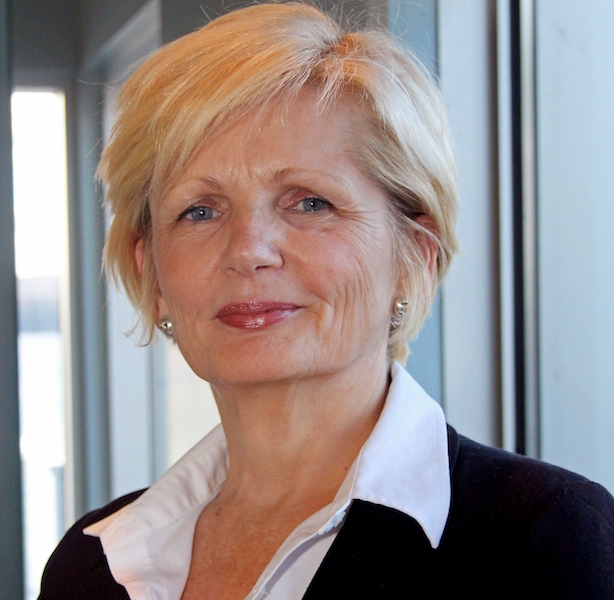What I know for sure about salmon farming
Fish farming facts from a conservationist and staunch aquaculture supporter
By Susan Farquharson
I am a committed conservationist and as such, a staunch supporter of salmon farming.
And yes, those two stances can absolutely co-exist – and do, much more often than some would think if they rely only on media headlines to get their information about aquaculture.
Salmon farming has come under fire in the media in recent weeks, and it’s disheartening to read such intense criticism rife with misinformation.
I’ve spent over two decades working in Atlantic Canada’s environmental non-profit sector. I earned a Master’s degree in Environment and Management from Royal Roads University; a certificate in Leadership for Environment and Development (LEAD) Programme in Moscow; and, certification from the Beahrs Environmental Leadership Program Environmental Leadership at UC-Berkeley, School of Natural Resource Management.
Two years ago, I began my role as Executive Director of the Atlantic Canada Fish Farmers Association (ACFFA) after spending four years at a freshwater research institute. This job allows me to do what I have always strived to do during my career – make Atlantic Canada a better place to live. The ACFFA and its 33 members support local people growing healthy food with a minimal ecological footprint.
Here’s what I know for sure about salmon farming:
- The majority of Atlantic Canadians support salmon farming. Opinion polls show that over 80% of consumers support salmon farming.
- Almost all of the two million tonnes of Atlantic salmon we consume in the world comes from ocean farms. Only a small percentage is angled or caught as bycatch.
- Atlantic salmon is one of the most energy efficient farmed animals; its carbon footprint is one tenth of the footprint of beef, including the fact that seafood is transported over longer distances to market than meat. Growing salmon uses significantly less water and space compared to beef too.
- The salmon farming industry is highly regulated and relies on peer-reviewed science to operate farms and maintain fish health. Atlantic Canada is home to world-class aquaculture experts in the federal and provincial governments, at universities and in the private sector. These highly educated professionals helped pioneer the global salmon farming industry, and our farmers work with them on a wide variety of projects aimed at improving our sector. It’s always been that way; our farmers could not have built this industry over the past 40 years without those collaborations.
- Decades of peer-reviewed research show that salmon farms have little long-term environmental impact on the marine environment.
- Those who advocate moving all salmon farms from the ocean onto land need to realize that although land-based technology is evolving, the practice of growing salmon in tanks poses very real challenges. To grow salmon to market size and meet the global demand would require massive amounts of land, water and energy. And most importantly there are animal welfare considerations. It would take billions of litres of water just to fill the tanks and billions of litres of even more fresh water to flush the fish for 10-15 days prior to harvest as is necessary when they are grown to full size in land-based tanks. Our salmon farmers are experts in closed containment because their fish spend more than half their lives in land-based hatcheries where recirculation systems are used. They know that technology continues to evolve (they are the ones driving that innovation!), but at this point, the ocean is the best place for salmon to grow from smolts to market size – just as they do in nature.
- The demand for Atlantic salmon will continue to grow. World population is outstripping food production. As arable land and freshwater resources shrink, terrestrial farming alone cannot feed that population. Aquaculture is a crucial and sustainable way to help supply the world’s food needs. Atlantic Canada is already a global leader in this incredible sector which produces over 300 million salmon meals, 3,500 direct jobs and contributes $400 million directly to the economy.
Modern salmon farming is here to stay in Atlantic Canada. It’s an industry to celebrate and nurture for our region’s challenging future. Grasping its full potential will take a collaborative approach that balances environmental, social and economic priorities. Salmon farmers are ready to do that, just like they always have been. And my door is always open!
Susan Farquharson is the executive director of the Atlantic Canada Fish Farmers Association
Related Links:
It’s in aquaculture’s best interest to protect the ocean
Salmon farming has a key role to play in protecting wild fish

